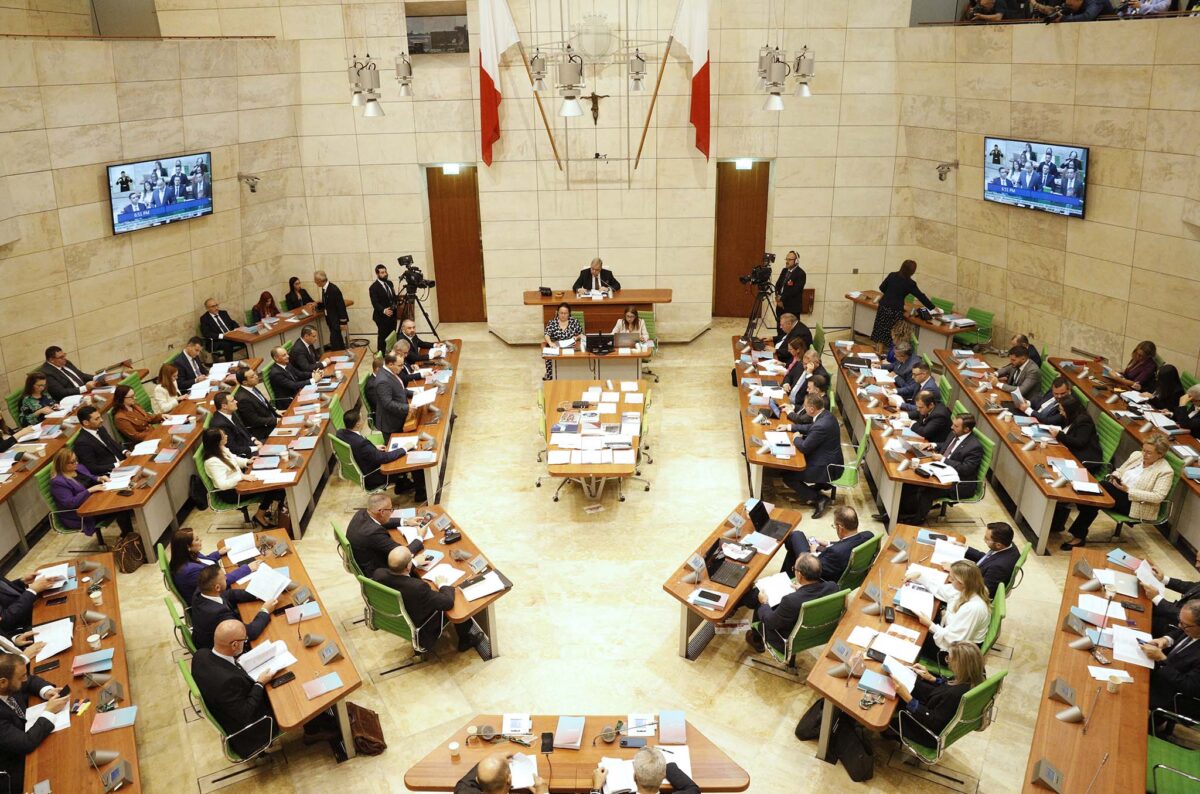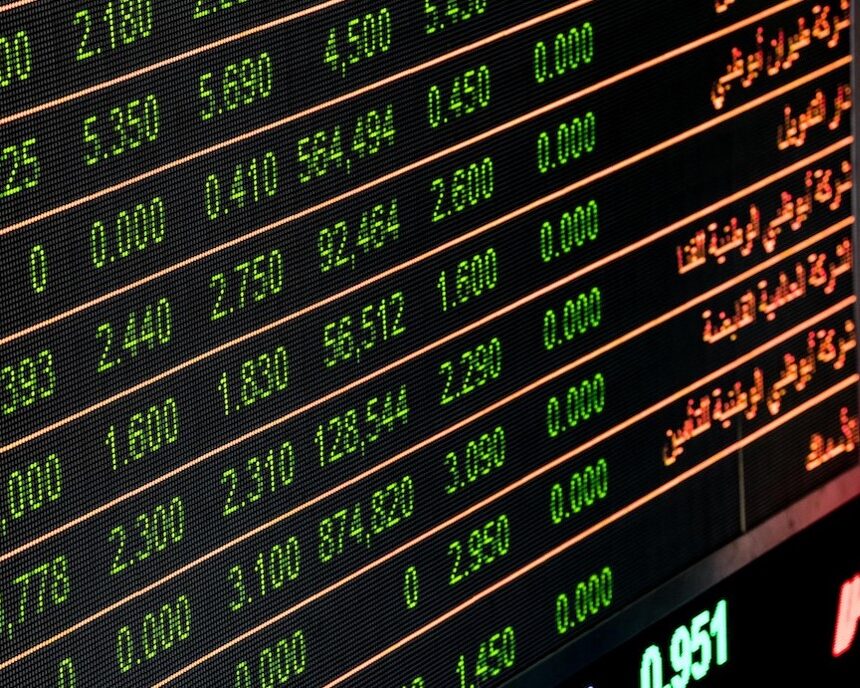The extension of energy subsidy in 2025 is set to cost €152 million for 2025, just half the amount required for 2024, which was around €320 million.
This was laid out in the 2025 Budget, announced on Monday evening.
The reduction in Government spending on energy subsidies has proceeded naturally as energy costs have started decreasing in comparison to when they were first introduced.

Public spending on food and energy subsidies as a percentage of the Gross Domestic Product (GDP) will be at 0.7 per cent in 2025.
Therefore, subsidy spending as a percentage of the GDP has decreased from 1.4 per cent in 2022, 1.2 per cent in 2023 and 0.9 per cent in 2024.
The continuation of food and energy subsidies was confirmed during the Government’s pre-budget consultation conference. On the day, Minister for Finance Clyde Caruana confirmed that despite the European Commission’s insistence on axing the subsidies, Government would still be supporting households and businesses.
Nonetheless, the Commission had said that as long as Malta reaches its deficit targets, it would not object to the subsidies.
Although funds for subsidies are already allocated for the whole year, subsidy spending can fluctuate in response to changing prices, with initial budget allocations based on forecasts of oil price trends for the coming year. Final subsidy costs are also influenced by hedging agreements through Enemalta and Enemed, the state fuel importer.
For instance, in 2023, the Government had allocated €580 million, but ultimately spent just over €227 million.
Arbitration ruling on Steward-Malta case published
The 212-page document delves into the claims and counterclaims in the acrimonious end to the major hospitals concession
Coca-Cola’s AI Christmas ad sparks fresh backlash despite human input claims
Will it be enough to make the company reconsider its creative strategy next year after the cola-teral damage?
New €350 million Malta Government Stocks open for public subscription
The issuance will consist of three fixed-rate stocks






